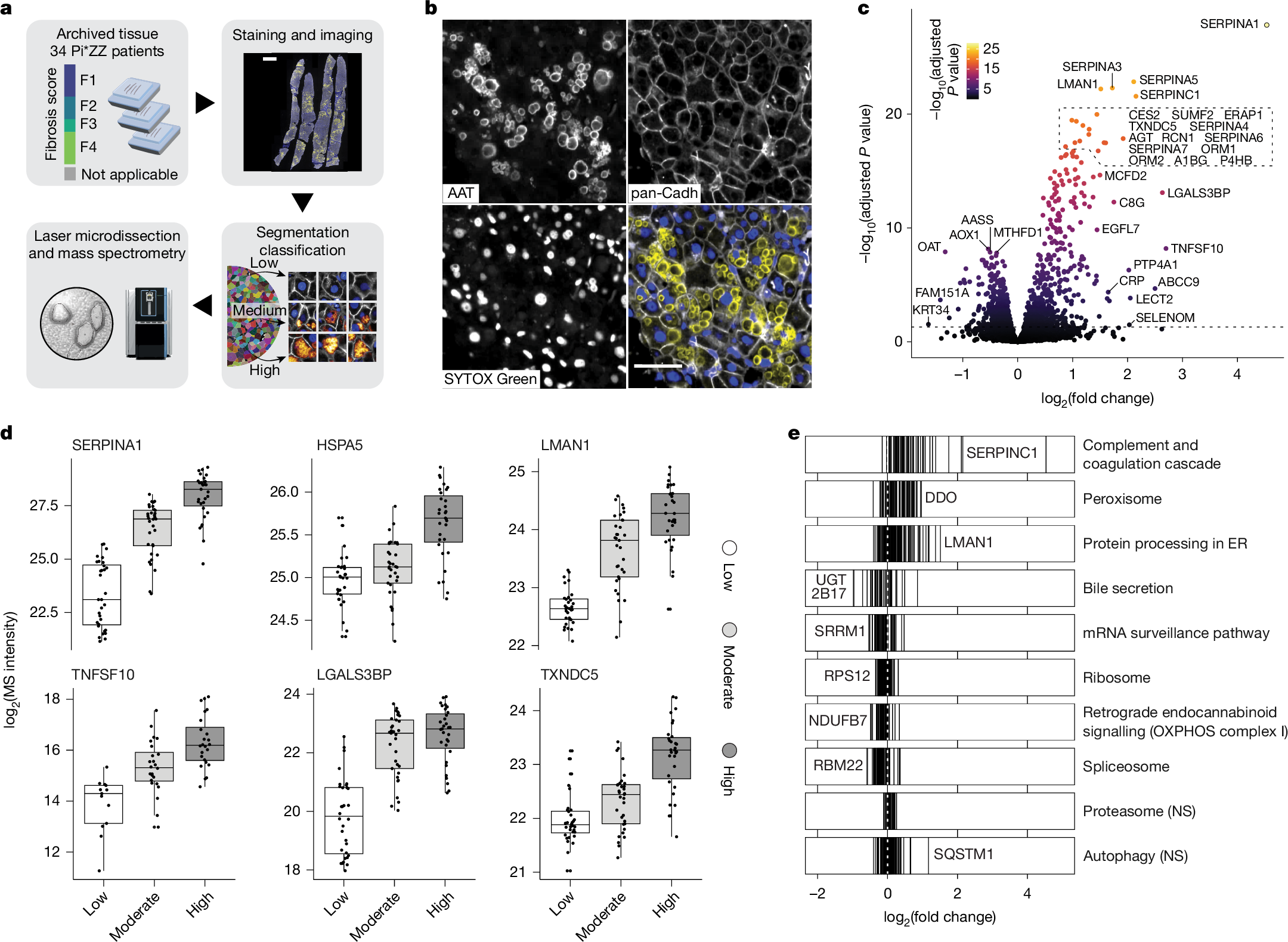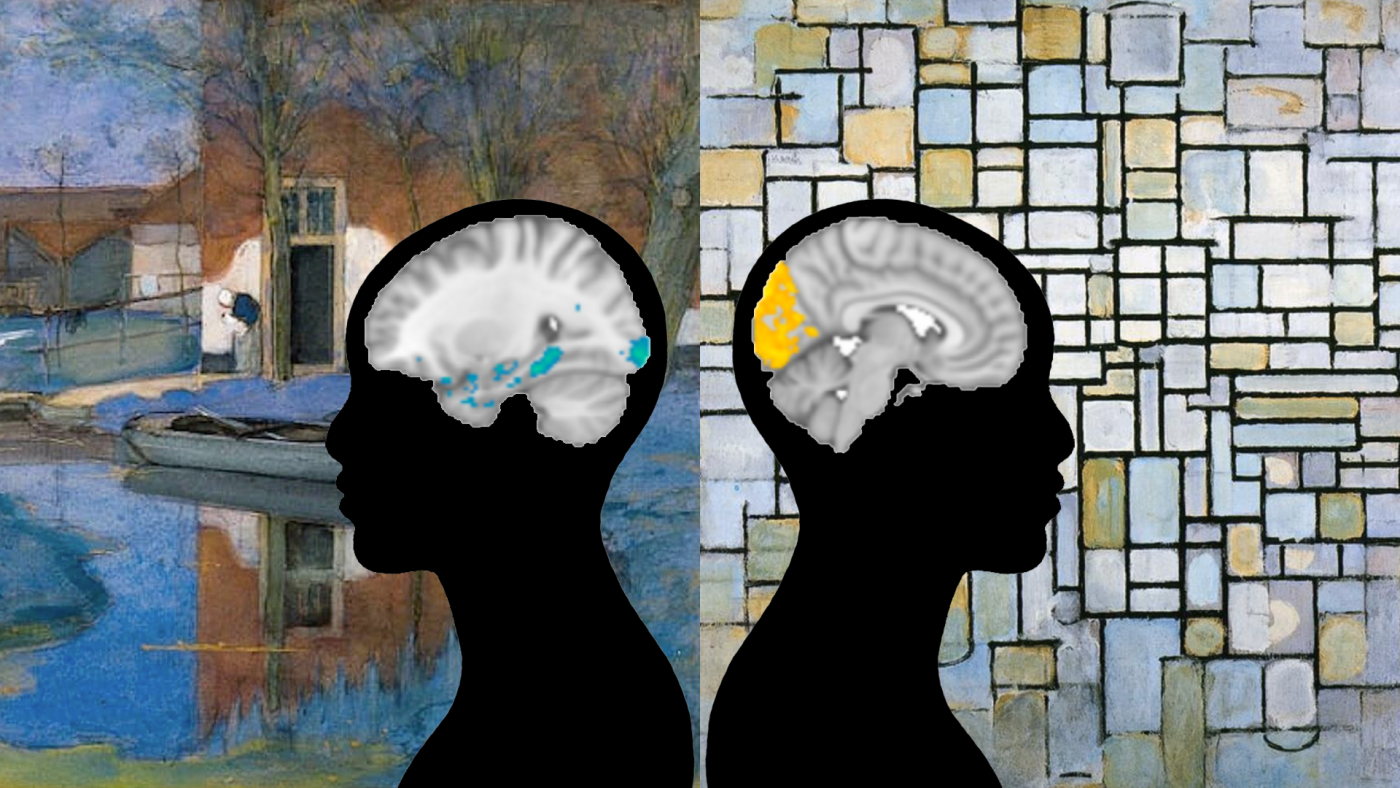2025-04-16 マックス・プランク研究所
<関連情報>
- https://www.mpg.de/24532579/0414-evan-bonobos-react-negatively-to-inequity-150495-x
- https://royalsocietypublishing.org/doi/10.1098/rspb.2024.2873
ボノボは不平等な報酬分配に嫌悪反応を示す Bonobos respond aversively to unequal reward distributions
Kia Radovanović,Anoek Lorskens,Sebastian Schütte,Juliane Bräuer,Josep Call,Daniel B. M. Haun and Edwin J. C. van Leeuwen
Proceedings of the Royal Society B Published:16 April 2025
DOI:https://doi.org/10.1098/rspb.2024.2873

Abstract
Inequity aversion (IA) is the resistance to unequitable rewards given similar investments. It has been postulated as an important mechanism by which human cooperation thrives. To understand the evolutionary origin of human IA and its distribution across the animal kingdom, many species have been tested on IA, with mixed results. Whereas chimpanzees were originally found to show IA, more recent studies showed that their IA response could be explained by social disappointment. We conducted two studies on IA in bonobos using established paradigms: a token-exchange task and the social disappointment task. Bonobos could exchange tokens for equal or less-preferred food rewards than their partners (Study 1) and were tested with humans and machines to control for social disappointment effects (Study 2). We found that bonobos responded aversively to unequal food distributions in both studies, which was reflected by more refusals to participate when disadvantaged. Notably, and contrary to chimpanzees, this effect could not be explained by social disappointment, although Study 2 was only partially consistent with an IA explanation. Overall, our findings indicate that bonobos possess the sensitivity to recognize and respond to unfair treatment, which supports the notion that IA may have coevolved as a stabilizing mechanism for cooperation.

